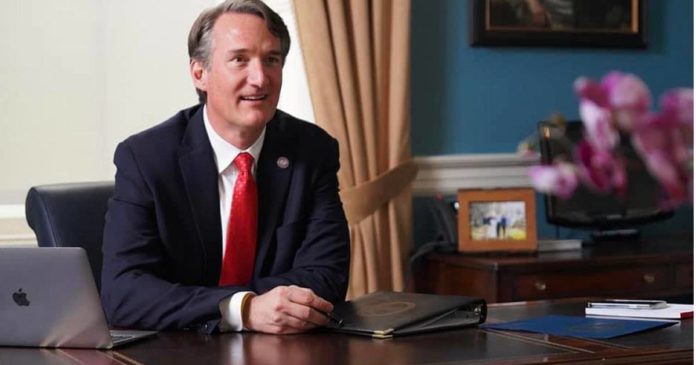Virginia Governor Glenn Youngkin recently signed a couple of cannabis related bills into law – including one targeting delta-8 THC.
The popularity of intoxicating delta-8 THC – and other “new” deltas – has proved to be a thorny issue for many states as the compounds can be created by manipulating legal and non-intoxicating hemp-derived CBD (cannabidiol). The perceived loophole allowing this at a federal level is the legal definition of hemp that only refers to delta-9 THC; the cannabinoid most commonly associated with marijuana’s high.
A number of jurisdictions are taking action to close this loophole through state legislation – Virginia among them.
SB 591 addresses it through the modification of the definition of “marijuana” to include any substance containing a total tetrahydrocannabinol (THC) concentration that exceeds 0.3 percent, or more than 0.25 milligram of tetrahydrocannabinol per serving, or more than one milligram per package – so, not just delta-9, but any form of THC.
“The bill defines “tetrahydrocannabinol” to include any naturally occurring or synthetic tetrahydrocannabinol, including its salts, isomers, or salts of isomers.”
The bill also requires the Virginia Cannabis Control Authority to implement regulations prohibiting production and sale of marijuana products depicting or in the shape of a human, animal, vehicle, or fruit – this is to reduce the attractiveness of edibles to children given the apparent inability of some parents to keep edible products out of their reach.
Additionally, under SB 591, smokable hemp has been limited to people older than 21.
Also ticked off by Governor Youngkin is legislation eliminating a requirement for medical cannabis patients to register with the state’s Board of Pharmacy. This requirement is in addition to written certification from a health care provider. Aside from the inconvenience of the added requirement, it was creating a backlog of thousands of patients wanting to access the program who were subject to a 60-day wait – a long time for anyone who is suffering.
Welcoming the change, JM Pedini, NORML’s Development Director and the Executive Director of Virginia NORML, said:
“These legislative improvements will bring great relief to the thousands of Virginians waiting to access the medical cannabis program.”
That bill, HB 933, also amends the definition of “cannabis oil”; removing the requirement that only oil from industrial hemp be used in its formulation.


